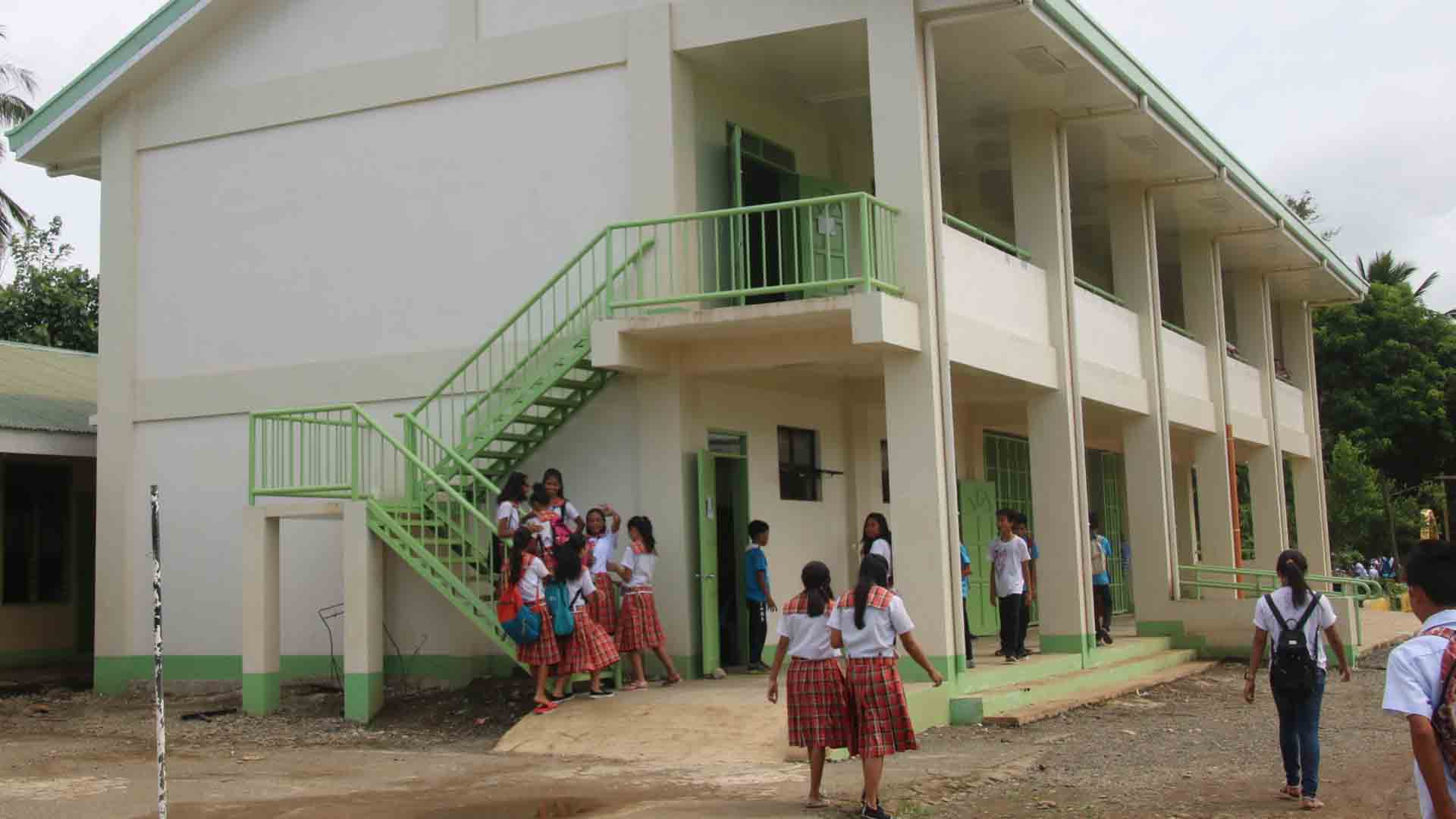A party-list lawmaker on Tuesday urged the Department of Education (DepEd), Commission on Higher Education (CHED), Technical Education and Skills Development Authority (TESDA), and private educational institutions to defer increases in tuition and other fees for the next academic year.
Ako Bicol Party-list Rep. Alfredo Garbin Jr. said there should not be any increase in school fees for the coming school year to ease the financial difficulties faced by Filipinos amid the pandemic.
“I appeal to the DepEd, CHED, TESDA, and all schools under their regulatory domain not to increase any of their school fees, so as not to add to the suffering of the Filipino people when they start enrolling students for the next academic year,” Garbin said.
He also suggested that the reopening of schools for in-person classes should be done only after the faculty, students, and non-teaching staff are fully vaccinated, preferably by the first week of September.
“I am aware the DepEd has August 23 as one of the options for school opening day for the Academic Year 2021-2022. That reopening may still be under current remote learning conditions or maybe reopening of campuses for face-to-face classes or a combination of both. Whichever way, the safety and security of students, teachers, and non-teaching personnel must be paramount,” Garbin said.
He said the best case realistic scenario is for all schools in low-risk areas under modified general community quarantine (MGCQ) to reopen their campuses for face-to-face learning in classrooms, plus college and senior high school campus reopening in GCQ areas.
Garbin further suggested the reopening of in-person classes for junior high school students after the safe reopening of senior high schools under strict minimum health standards and rules.
As for Kinder to Grade 6 students, the safe reopening of in-person classes can be done in January 2022, he added.
“The reopening experiences of other countries suggest that safe schools are safer than homes because schools are able to strictly implement Covid-19 safety rules, whereas homes are unable to because of the confined and congested home environment. Apparently, schools are much better (in) enforcing discipline than parents at home,” Garbin said.
Aid to schools to prevent fee hikes
Agusan del Norte Rep. Lawrence Fortun also appealed to all private schools not to hike school fees for 2021 until 2022.
Fortun said Congress is working with CHED and DepEd to aid distressed private schools to prevent fee hikes.
“We proved this with the pandemic tax rates, which the small non-profit proprietary school can avail of with proper filings with the BIR (Bureau of Internal Revenue),” he said.
Fortun also proposed the provision of non-cash assistance, such as rice subsidies and grocery vouchers for faculty and non-teaching personnel.
He said the Department of Social Welfare and Development should work with the associations of private schools so that relief goods and hygiene kits could be given to personnel of small private schools.
He noted that the Department of Labor and Employment could also include small private schools in its Bayanihan cash aid programs, while the Inter-Agency Task Force for the Management of Emerging Infectious Diseases could come up with non-tax incentives that could reduce operations costs of small private schools and other small businesses.
Fortun said the Corporate Recovery and Tax Incentives for Enterprises (CREATE) Act could serve as a guide on reducing dependence on tax incentives as tools of national policy.
“Better governance and efficient public service are more effective at fostering economic growth than giving away tax incentives. The CREATE Act and the Ease of Doing Business Act established that development approach, so let us stick to those precedents,” he said. (PNA)





















